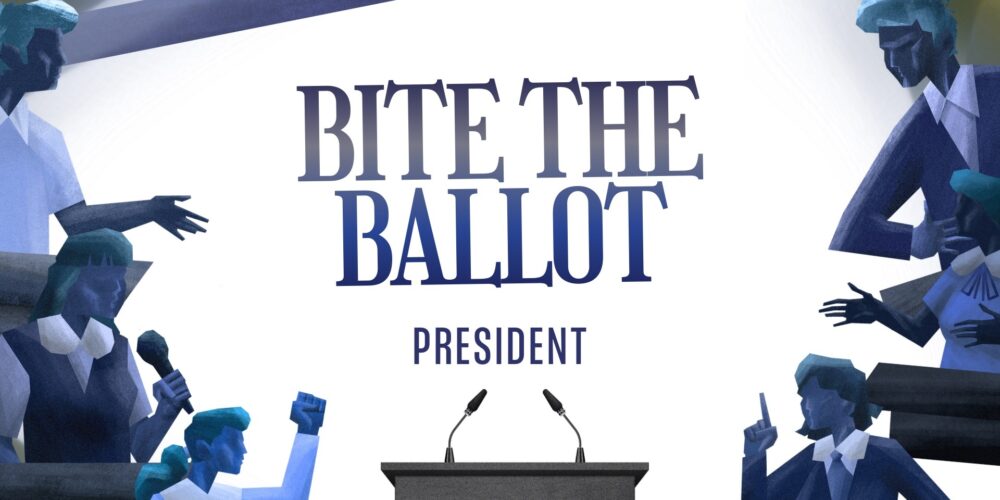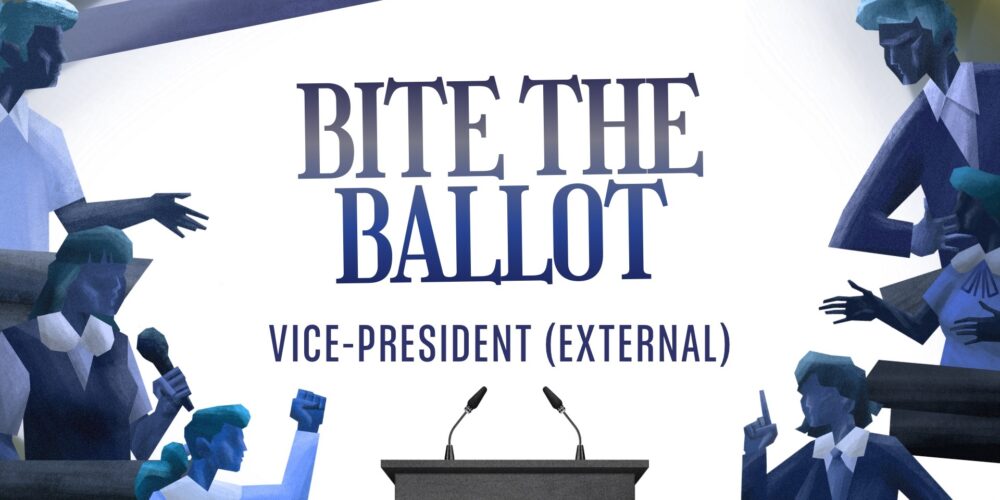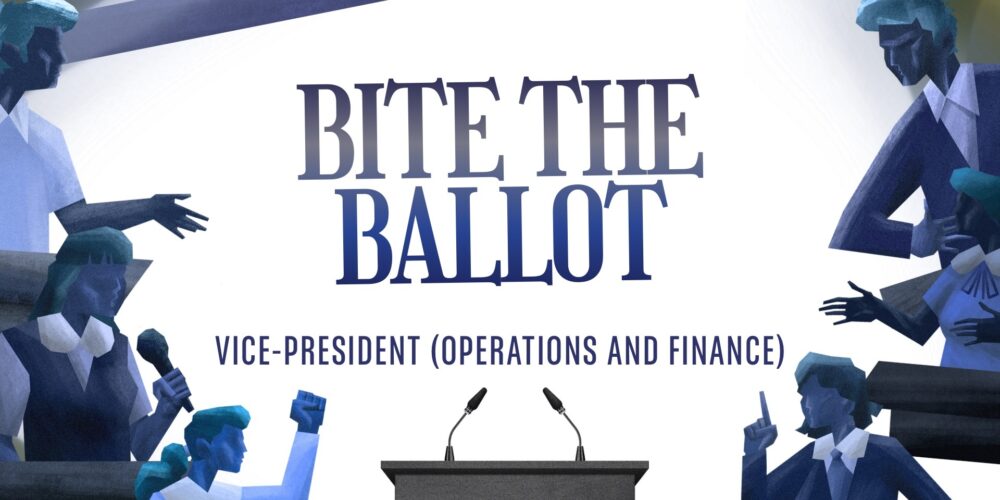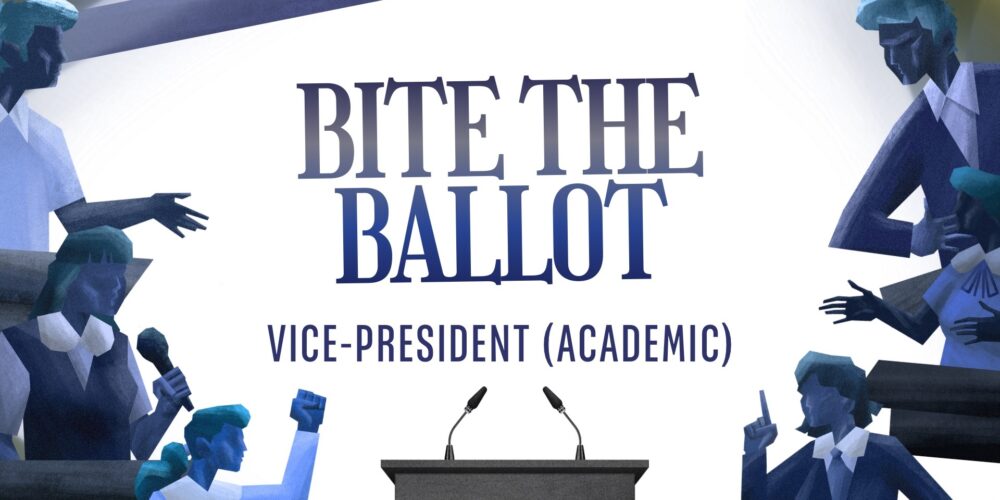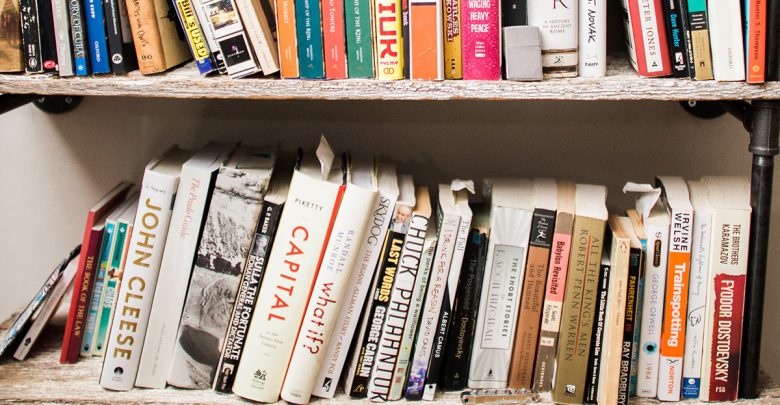 Supplied
SuppliedIt is very unlikely that anyone will tell you reading is not beneficial. While this is true, it isn’t the full story. In my eyes, there are two different types of readers: those who read with intent and those who read purely for escapism. And while reading as a whole is on the decline, I think it is good to point out that not all reading is equally beneficial, especially the latter. In many ways, reading for escapism hurts our relationship with reading.
The two types of reading, though, can be broken down even more. Reading with intent could be learning a new recipe from a cookbook, or reading a novel that challenges our view of the world. Above all, it is looking for something which can improve one’s life in some way, shape, or form.
The second type of reading is more nuanced. Reading purely for entertainment purposes is picking up a book with no hope of learning anything or gaining a new perspective. It’s using that book to simply pass time. This second type of reading has little to no benefits for the reader. Reading should get people thinking about issues around the world or get people to understand themselves better. Not taking anything of value away from reading a book creates a sense of unimportance around books.
Using books as a form of escapism from thinking about anything at all defeats the whole purpose of reading. Books are meant to give people knowledge and when they are used to do the opposite, it can become a problem. An example I see of this is in mass produced books that run on like soap-operas. Think of novels by Colleen Hoover and James Patterson. Both novelists seem to put more emphasis on quantity rather than quality or content. It doesn’t seem like the authors intended for their novels to be a way for readers to question the world around them. Rather, they intend for their readers to become invested in a story and forget about the world. And often, a reader can just forget about the story next day.
People may read these types of novels to do something other than watching TV or scrolling on their phone. But, replacing one form of mindless entertainment with another is not solving the problem of mass media consumption — it’s adding on to it.
On the other hand, this doesn’t have to be a set-in-stone issue. Stopping for a moment or two to think about why you’re consuming the media you’re consuming is the first step in the right direction. As students, this shouldn’t be a new practice to us. It’s not that readers can’t read books by Hoover or Patterson with intention, but it takes a more deliberate approach.
One of the things I tell a lot of people is that reading can be one of the best things you can do for yourself. Of course, this does come with strings attached. It’s not exactly in what you read but more so about the conscious choice to read something. To make a clear and decisive decision about what you want to read and why. Not only will this decision help create a more meaningful life, it will also let you learn more about yourself and the world around you. And in my experience, reading something and learning something new seems to make sparks fly in my mind.

